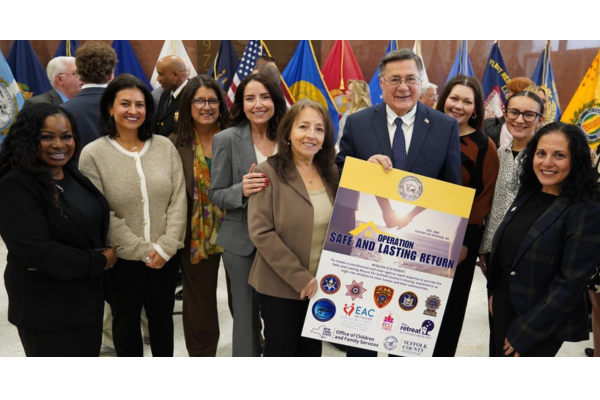Teen dating violence is more prevalent than you may think; 1 in 3 teens experience some form of relationship abuse in the U.S., whether that be physical, sexual, or emotional (loveisrespect.org). February is Teen Dating Violence Awareness Month (TDVAM), and this month of advocacy and education is essential for raising awareness and preventing abuse before it starts. How can we support those affected by teen dating violence? We can start a conversation. The 2021 theme is “Know Your Worth”, and oftentimes, social media can take a toll on how we feel about ourselves and our relationships.

Setting boundaries is difficult, but it is an important tool to have in a healthy relationship. Navigating life in COVID-19 has meant extra reliance on social media and connecting to others digitally, especially for young people. With digital relationships taking on a new importance, it is important that we recognize the signs of digital abuse and take the necessary steps to set digital boundaries with ourselves and others. Here are some tips about digital boundaries that can be used to support those affected by teen dating abuse.
Communication is Key
Talk about boundaries whenever, wherever. It is important that you establish how you feel, talk to your partner about digital boundaries, and come to an agreement. If someone crosses a boundary, consider restating your boundary and having a conversation about boundary violation. Digital boundaries can include:
- Making sure you are in a good head space when checking social media; if you are already feeling stressed, anxious, or worried, checking social media is not always the best idea
- Not going on social media before bed; negative feelings that can come from looking at it can stay with us through the night.
- Muting or blocking certain people.
- Giving your partner specific times of the day that you can call/text, so that they know when to give you space, and know when to check in.
Social Media

On social media apps, always remember that posts are never fully private (they can be screenshotted, shared, etc.). Ask people not to post personal information or location check-ins about you on social media if you are not comfortable with it. Like any digital boundary, it is important to communicate how you feel about what is posted of you online. If someone is harassing you through social media, don’t respond, but do document all messages, posts, or comments. When using social media, keep in mind that:
- Apps like Instagram put pressure to make a relationship appear perfect over social media, but there is often a false sense of reality.
- “Finstas” add layers of bullying, manipulation, and isolation. Be careful about what you chose to share and know that there is always the potential of having intended “private” information publicized.
- Quantity over quality: There is pressure to quantify the quality of relationships by monitoring how many likes and comments you get.
- Your relationship is valid even if it does not fit someone else’s standards or the ones established on social media. Every relationship looks different.
Safety Tips
Digital abuse can take many forms, and it is important to be aware of them and how you can take precautionary steps to prevent digital abuse. Here are some things you may not know about digital safety:
- Your history can never be completely erased from a computer or device, even if you browse in “private” mode.
- GPS trackers can be placed on your cell phone without you knowing it. Snapchat Maps also tracks location; know if your location is on, and who can see it.
- Trust is important in any relationship, but trust does not mean having the right to know what one’s partner is doing at all times. You should never feel pressured to share passwords if you don’t want to.
- Be cautious of random links. Some can be linked to inappropriate websites or viruses.
